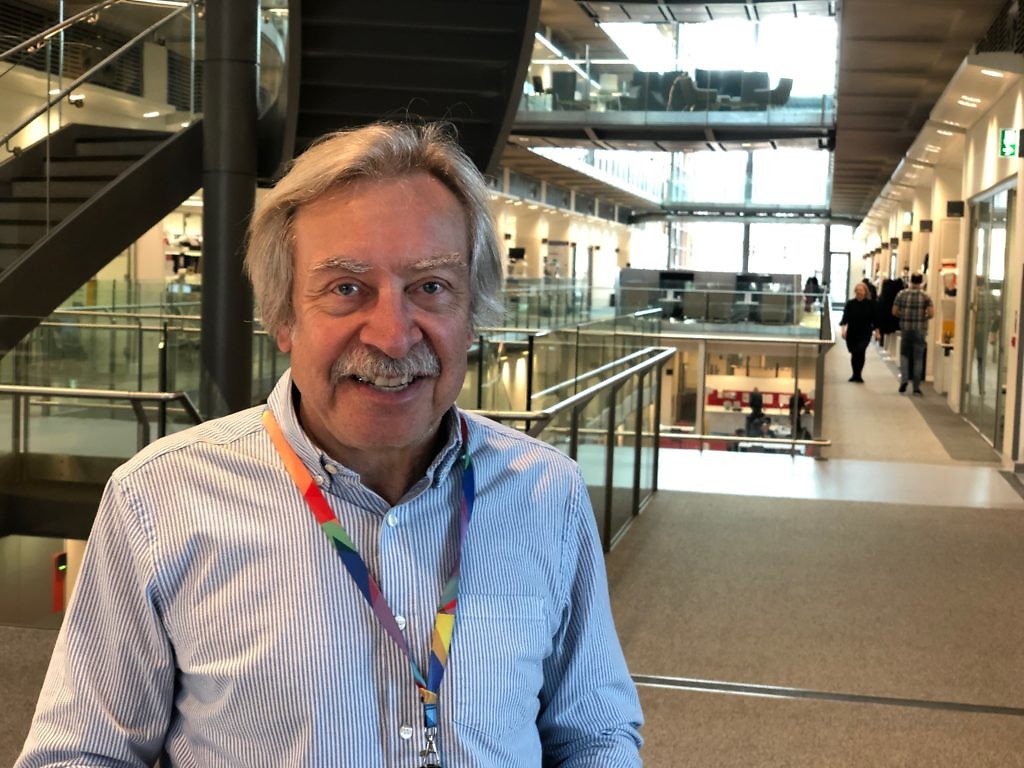Are gamma delta T cells the next wave of cell therapies?
In the first post in our mini-series about the potential for gamma delta (γδ) T cells in cancer immunotherapy, Prof Adrian Hayday took us on a voyage of discovery through the pioneering research he and colleagues did at MIT, Yale, King’s College London (KCL) and The Francis Crick Institute in London.

Prof Adrian Hayday FRS
Along the way he highlighted how our current understanding of γδ T cells has developed over the last thirty years.
“All truths are easy to understand once they are discovered, the point is to discover them.”
This maxim attributed to Galileo Galilei in a 1632 publication, is very pertinent to Prof Hayday’s research which was a fascinating journey of discovery.
For the second post in our mini-series we have a Q&A with Prof Hayday that takes the story forward and looks at how our understanding of the science behind γδ T cells has opened the door to translational and clinical opportunities such as adoptive cellular therapy.
To learn more from our latest thought leader interview and oncology insights, subscribers can log-in or you can click to gain access to BSB Premium Content.
This content is restricted to subscribers